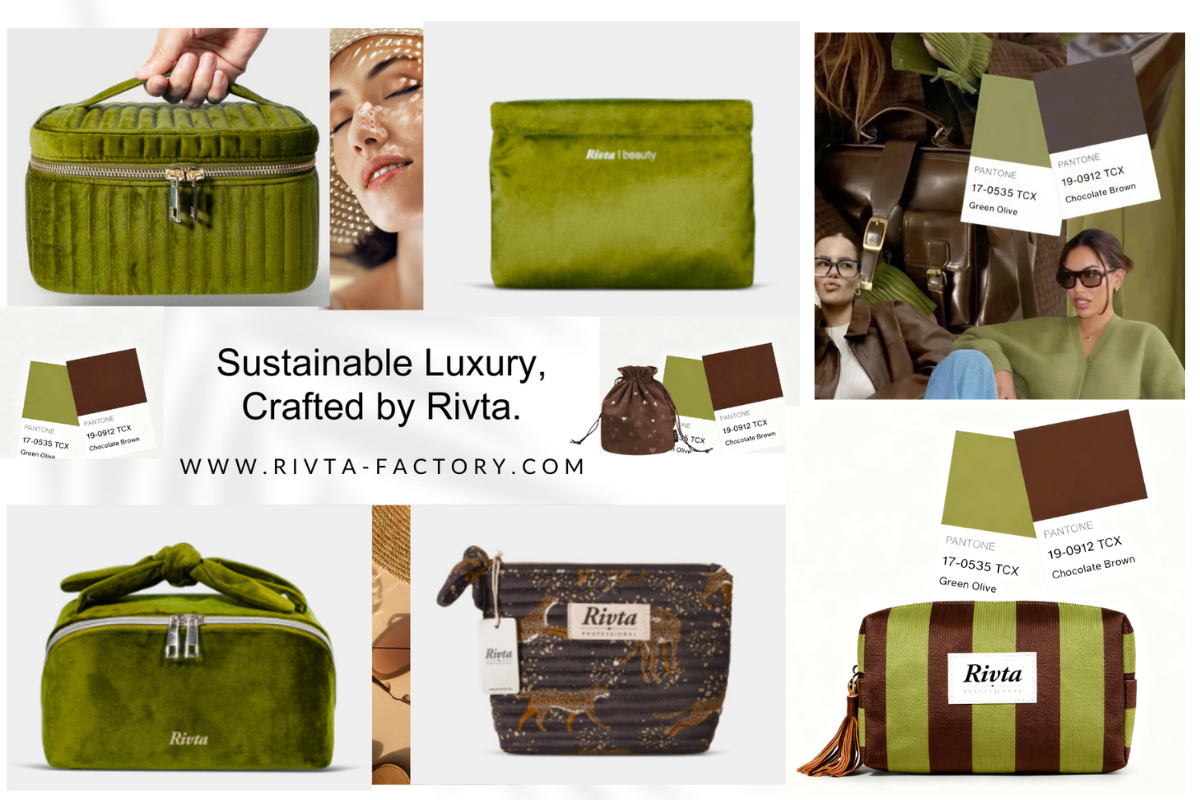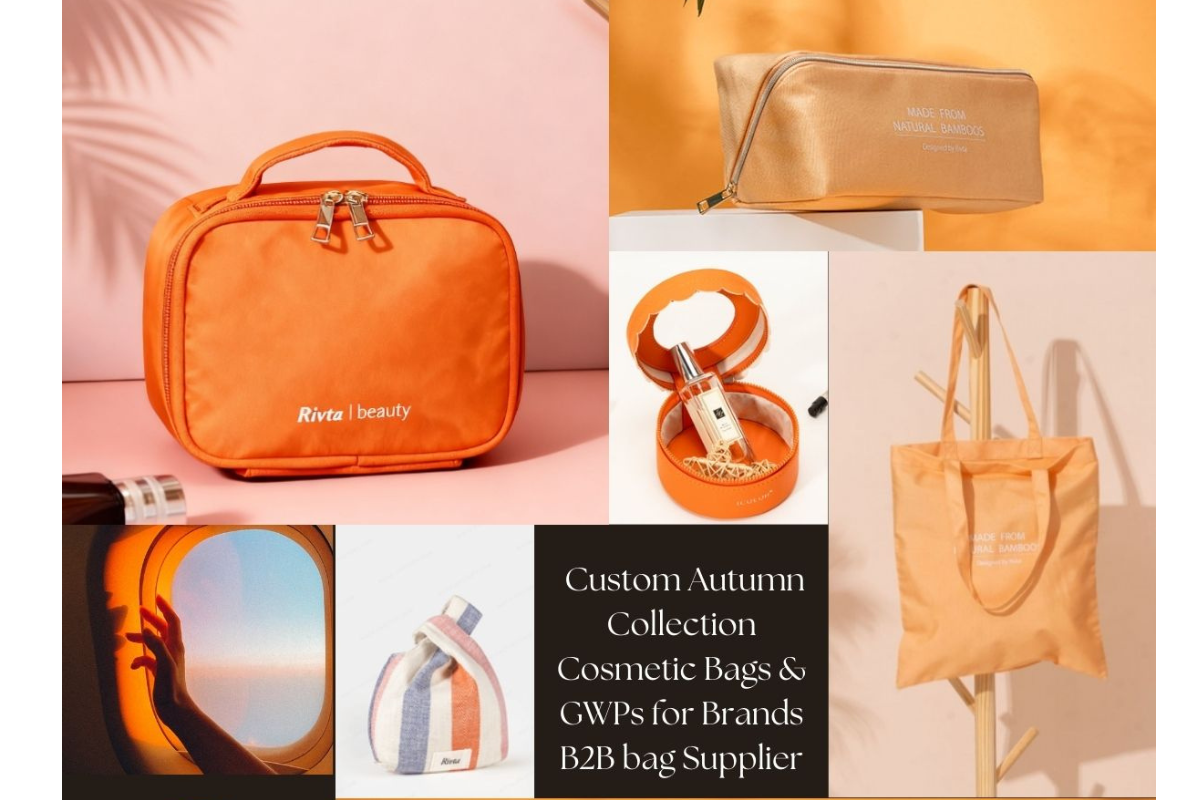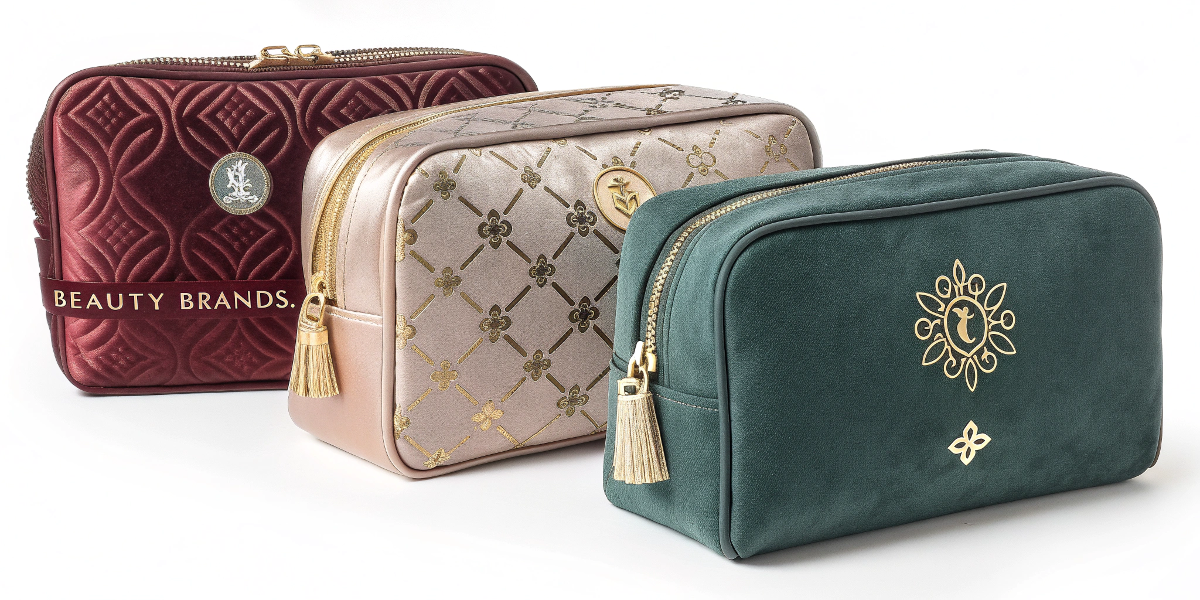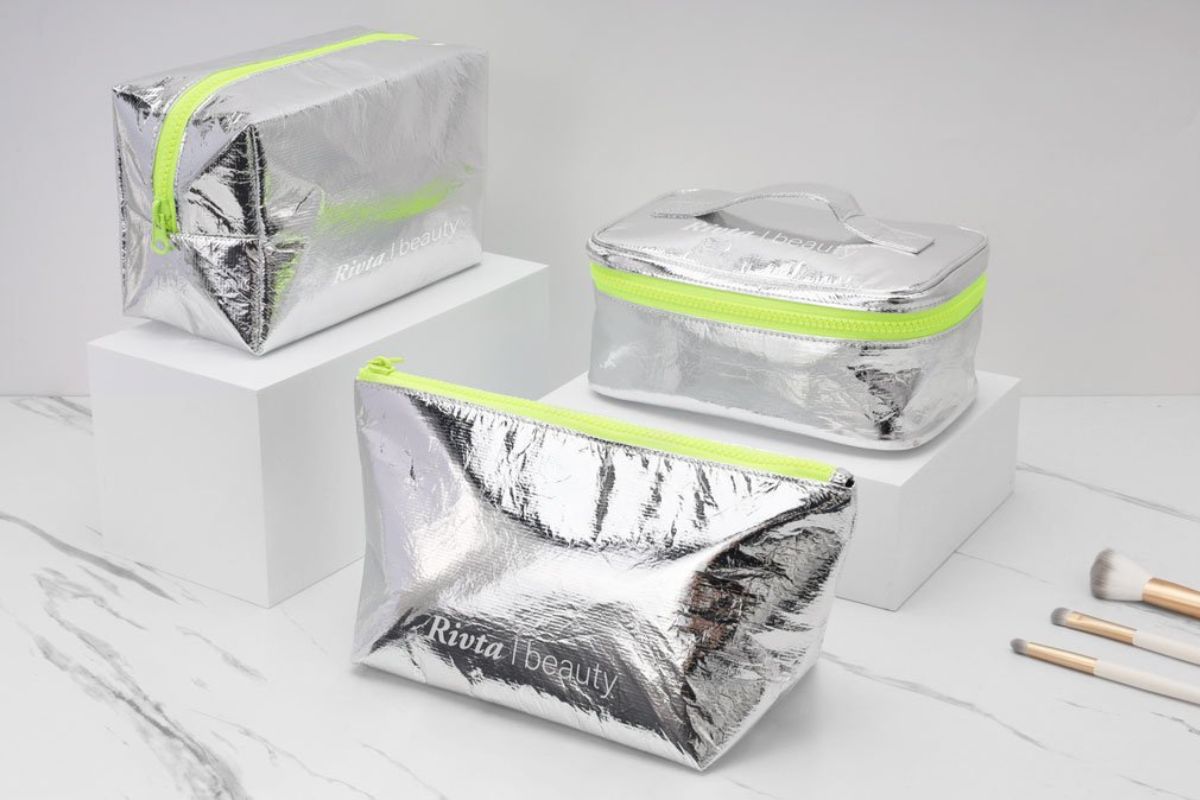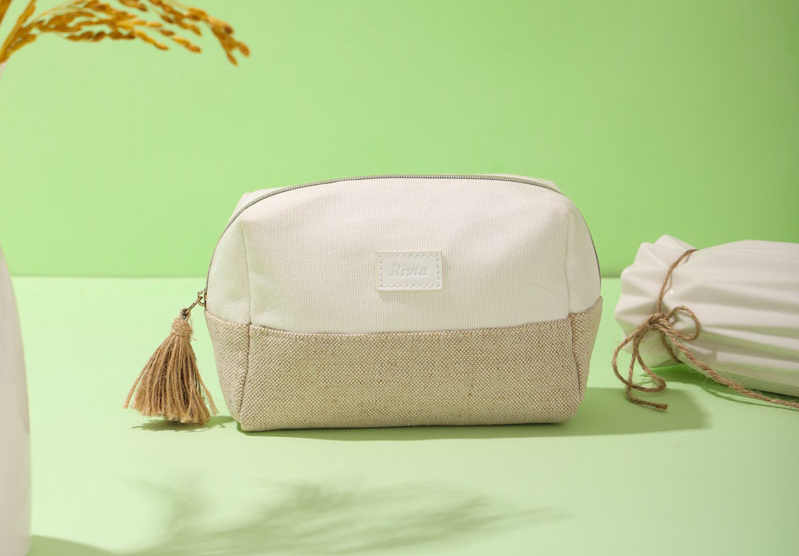Sustainable Sourcing: A B2B Guide to Eco-Friendly Materials for Toiletry Bags
You want your brand to be sustainable, but the world of eco-materials is confusing. Make the wrong choice and you risk greenwashing, alienating the very customers you want to attract.
Successful sustainable sourcing requires understanding materials like RPET and organic cotton. You must verify certifications like GRS to prove your claims. A good partner helps you balance cost, durability, and genuine sustainability, ensuring your choice is authentic and effective.
In my 15 years developing products in the beauty world, I've seen sustainability shift from a niche interest to a core consumer demand. Shoppers are smart. They can spot "greenwashing" from a mile away. They want to know the story behind the product in their hands, especially from brands they trust. Our mission at Rivta is built on this principle: "Innovative Materials, Green Future." It’s not just a slogan; it's a commitment to being a trusted partner for brands who want to make a real, positive impact. This guide is designed to cut through the noise and give you a clear, practical path to sourcing materials that are good for your brand and the planet.
Beyond the Buzzwords: What Are Today's Top Eco-Materials for Toiletry Bags?
You hear terms like "RPET" and "organic cotton" but don't really know what they mean. This confusion can stop you from making an informed choice for your brand.
Top eco-materials include RPET (from recycled plastic bottles), GOTS-certified organic cotton (grown without pesticides), and durable hemp. Each offers distinct benefits in sustainability, look, and feel. Choosing the right one depends on your brand's aesthetic and functional needs.
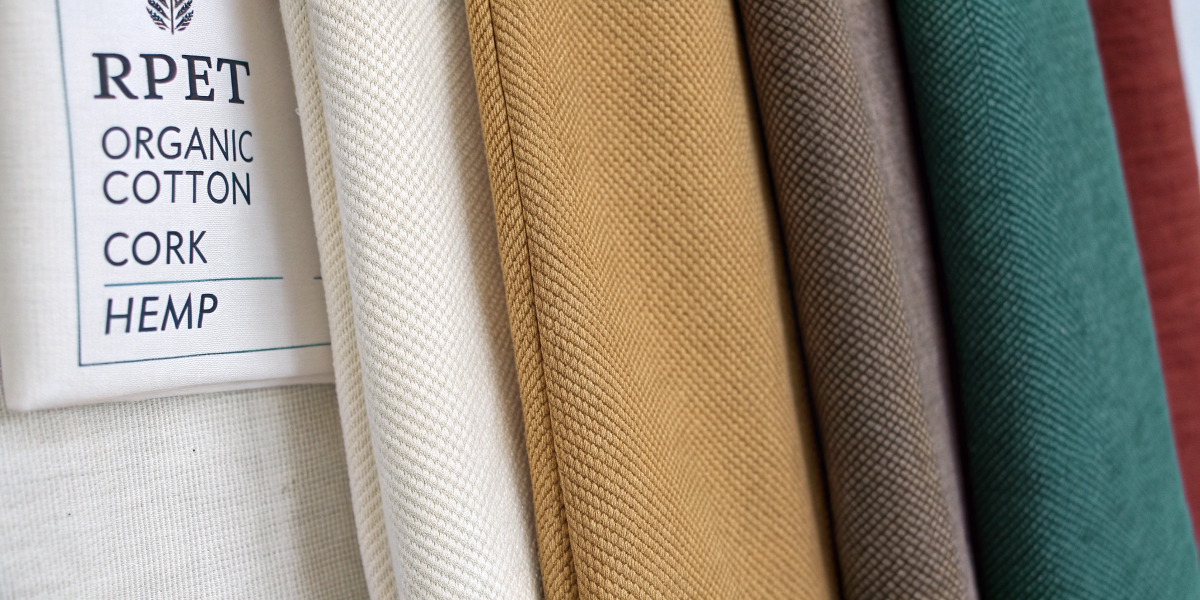
Let's get practical. Choosing a material is about more than just picking something labeled "eco." It's about understanding what makes it sustainable and if it's right for your product. For example, RPET is fantastic because it takes plastic bottles out of landfills and oceans and turns them into a durable, versatile fabric. I've worked with brands to create beautiful, sturdy kits from RPET that customers love. Then there's organic cotton. It feels soft and natural because it's grown without harsh chemicals, which is better for the soil and farmers. We also explore innovative materials like cork, which is harvested from tree bark without harming the tree. It’s naturally water-resistant and has a unique, premium look. The key is to match the material's story and properties to your brand's identity.
A Quick Comparison Table
This table gives you a simple overview of the most common materials we work with.
| Material | Key Sustainability Benefit | Best For |
|---|---|---|
| RPET (Recycled Polyester) | Diverts plastic waste from landfills and oceans. | Durable, water-resistant bags with a modern feel. Great for printing. |
| Organic Cotton (GOTS Certified) | Grown without synthetic pesticides and fertilizers, using less water. | Soft, breathable bags with a natural, premium aesthetic. |
| Hemp | Extremely durable crop that requires little water and no pesticides. | Rugged, long-lasting bags that get softer with use. |
| Cork | Harvested from tree bark, a renewable resource that doesn't harm the tree. | Unique, lightweight, and naturally water-resistant premium bags. |
More Than a Green Label: How Do Sustainable Choices Drive Brand Loyalty and Market Access?
You wonder if investing in sustainable materials is really worth it. Will customers actually notice or care, or is it just an added expense that hurts your bottom line?
Sustainable choices build deep brand loyalty. Today's consumers actively seek and support brands with proven eco-credentials. This commitment also opens doors to eco-conscious retail partners and markets, giving your brand a significant competitive advantage.
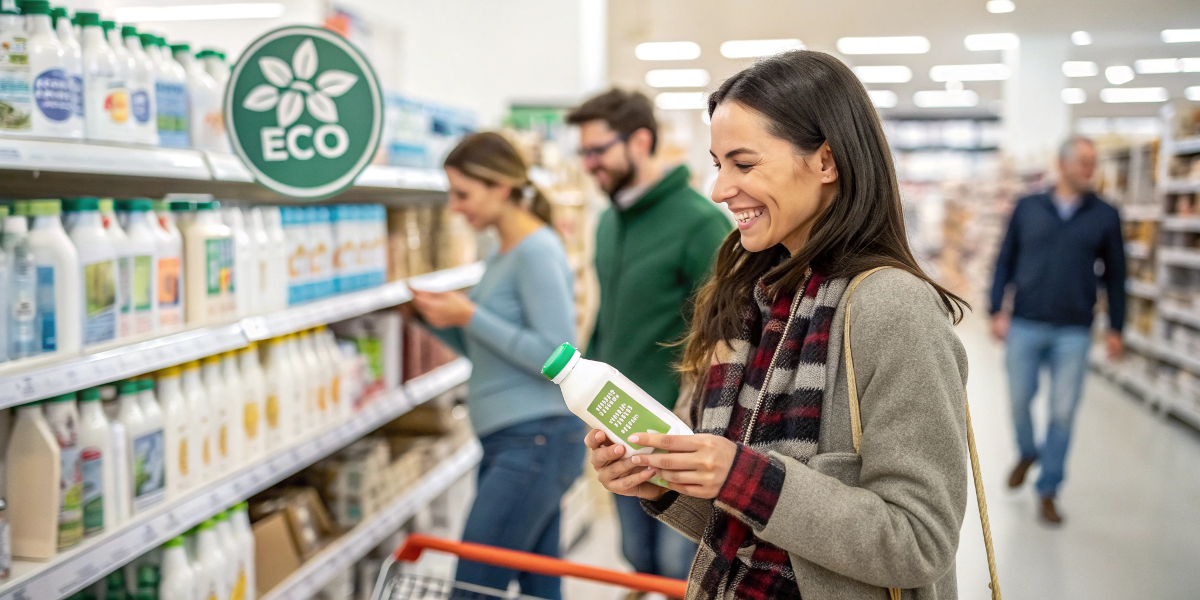
From my experience at a leading global beauty retailer, I can tell you that customers read labels. They don't just look at ingredients anymore; they look at packaging and company values. A brand that can tell an authentic story about its sustainability creates a powerful connection. When a customer feels good about their purchase, they don't just come back—they become an advocate for your brand. I remember working on a project that used recycled materials for the packaging. We made sure to tell that story on the box and online. The positive feedback was immediate. Customers felt like they were part of something good. This loyalty is priceless. It also makes your brand more attractive to retailers, especially in European and American markets where sustainability standards are high. It's not just a label; it's a strategic business decision.
The Real-World Benefits
Choosing sustainability is an investment that pays off in multiple ways.
- Builds Trust: Demonstrates your brand's commitment to social and environmental responsibility, which consumers value.
- Increases Market Share: Appeals to the growing segment of eco-conscious shoppers, a powerful and loyal demographic.
- Attracts Retail Partners: Makes your brand a better fit for major retailers who have their own corporate sustainability goals.
- Future-Proofs Your Brand: Aligns your business with the future of consumer expectations and increasing environmental regulations.
Navigating the Trade-Offs: How Do You Balance Cost, Durability, and Genuine Eco-Credentials?
You want to be sustainable, but you have a budget. You worry that eco-friendly materials will be too expensive or not durable enough for a quality toiletry bag.
Balance this trade-off by working with a transparent partner. We help you compare certified materials like GRS-verified RPET against standard options, providing clear cost breakdowns. This allows you to make an informed decision that meets your eco-goals, quality standards, and budget.
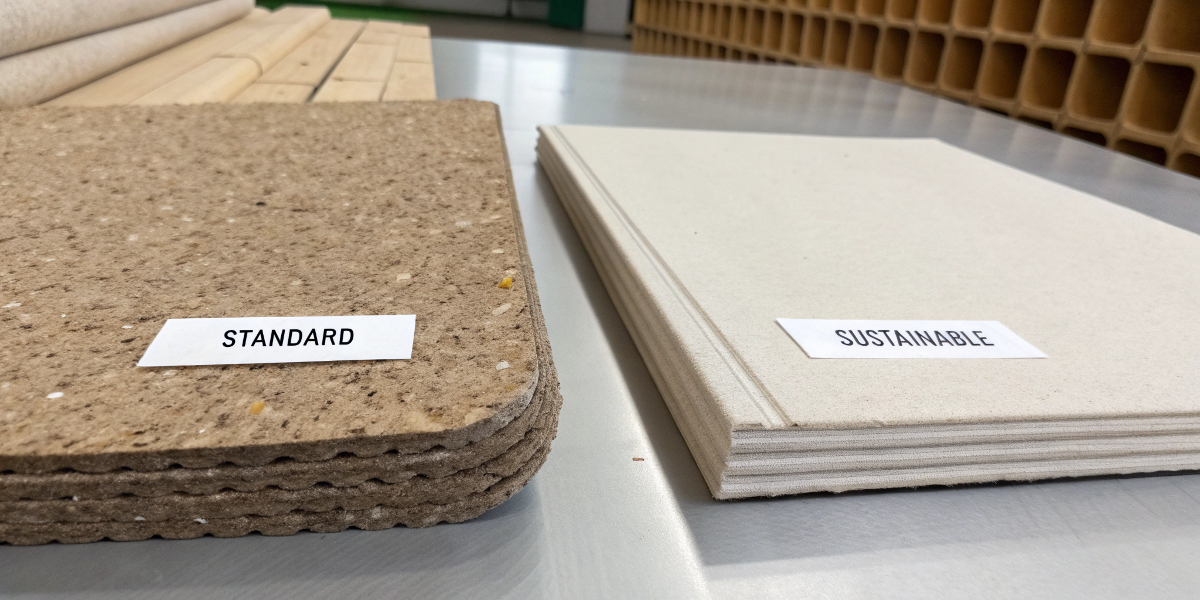
This is one of the most common conversations I have with brands, and it's a critical one. Being sustainable doesn't have to mean breaking the bank. It's about making smart, informed choices. For instance, while organic cotton might have a higher initial cost than conventional cotton, certified RPET can often be very cost-competitive with virgin polyester, while offering a much better environmental story. The key is to look at the total picture. A slightly more expensive but highly durable material means a longer-lasting product and a happier customer. This prevents returns and builds a reputation for quality. An experienced manufacturing partner can guide you through these choices. We can show you different material options, explain the cost implications, and provide samples so you can see and feel the difference for yourself.
Understanding Green Certifications
Certifications are your proof of genuine sustainability. Don't just take a supplier's word for it.
| Certification | What It Verifies | Why It Matters for Your Brand |
|---|---|---|
| GRS (Global Recycled Standard) | Ensures products contain recycled material and that it was produced responsibly. | The gold standard for recycled materials like RPET. It provides supply chain traceability and proves your claims. |
| GOTS (Global Organic Textile Standard) | Verifies that textiles are truly organic, from harvesting to manufacturing. | The highest standard for organic cotton, ensuring environmental and social responsibility. |
| FSC (Forest Stewardship Council) | Guarantees that paper or wood products come from responsibly managed forests. | Essential for materials like cork or for your paper-based packaging and hangtags. |
Partner with Purpose: How Does Rivta Factory Turn Your Sustainable Vision into Reality?
You have a vision for a sustainable product line. But you need more than just a supplier—you need a partner who shares your values and has the expertise to guide you.
Rivta turns your vision into reality by acting as your dedicated sustainable sourcing partner. We use our 30+ years of experience and focus on innovative eco-materials to guide you from concept to finished product, ensuring quality, transparency, and true sustainability.
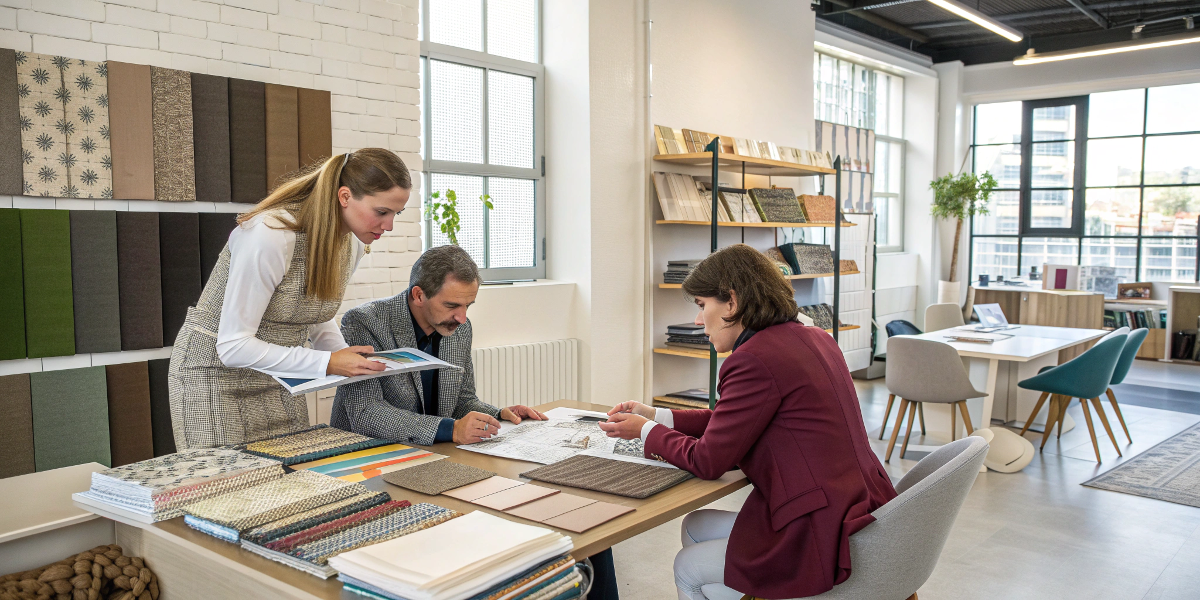
This is what we do best. Our entire company is built around a "Green Future." When you come to us with an idea, my job is to help you bring it to life in the most responsible way possible. You get my 15 years of product development experience and Rivta's three decades of manufacturing excellence. We don't just present you with options; we explain the story behind each material. We help you navigate the world of certifications and make sure your final product is something you can be proud to put your name on. We have long-standing relationships with certified material suppliers, which means we can source high-quality, verified eco-friendly fabrics. We provide complete transparency in our process, so you can stand behind your product with total confidence. Your vision becomes our mission.
Your Journey with Rivta
Here’s how we make your sustainable project a success.
- Vision & Consultation: We start with your idea and discuss your brand's aesthetic, functional needs, and sustainability goals.
- Eco-Material Sourcing: We present you with a curated selection of certified sustainable materials, complete with samples and transparent pricing.
- Ethical Prototyping: We create a high-quality physical sample so you can approve every detail before mass production.
- Responsible Production & Delivery: Your bags are manufactured in our socially compliant facility and delivered with our expert logistics support.
Conclusion
Sustainable sourcing is a smart business decision. By choosing the right materials and a knowledgeable partner, you can create products that build brand loyalty, protect the planet, and drive success.
